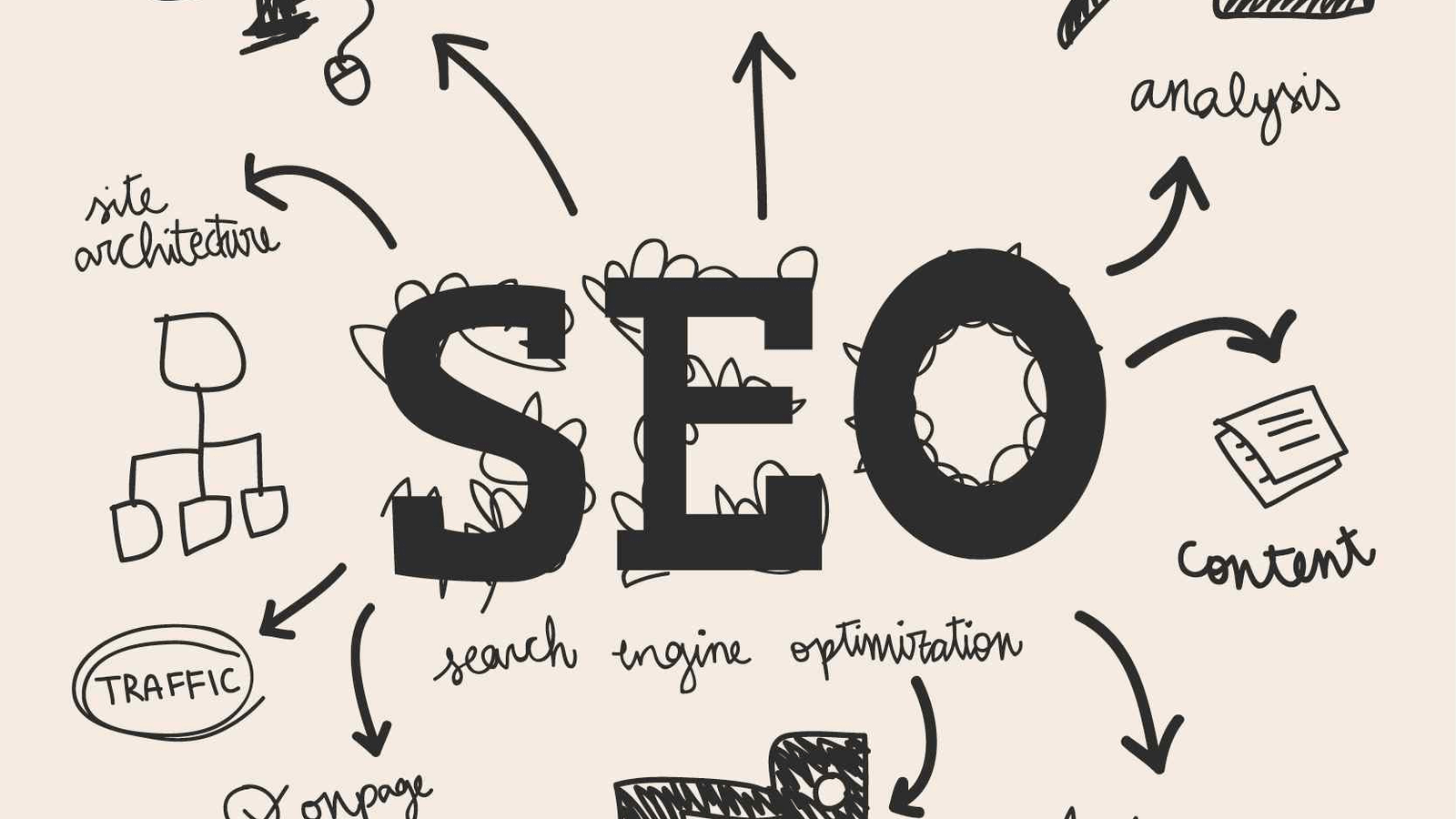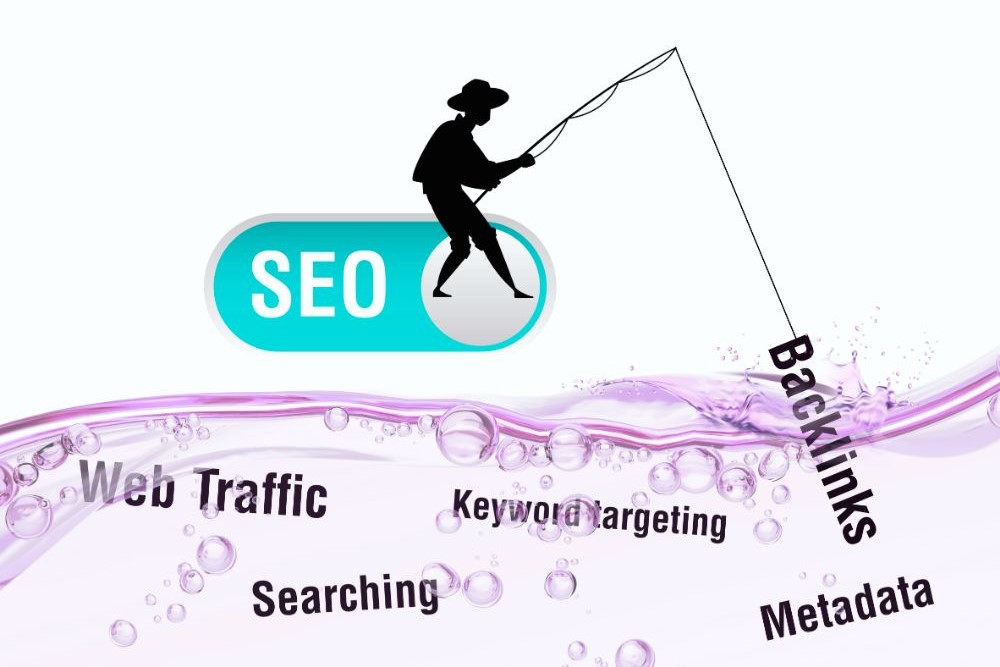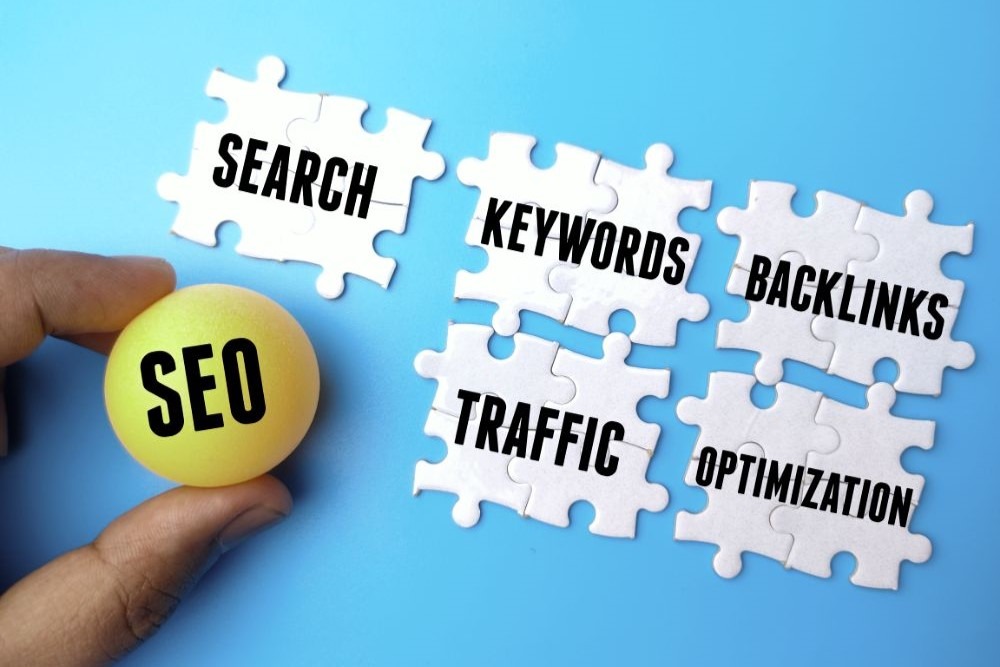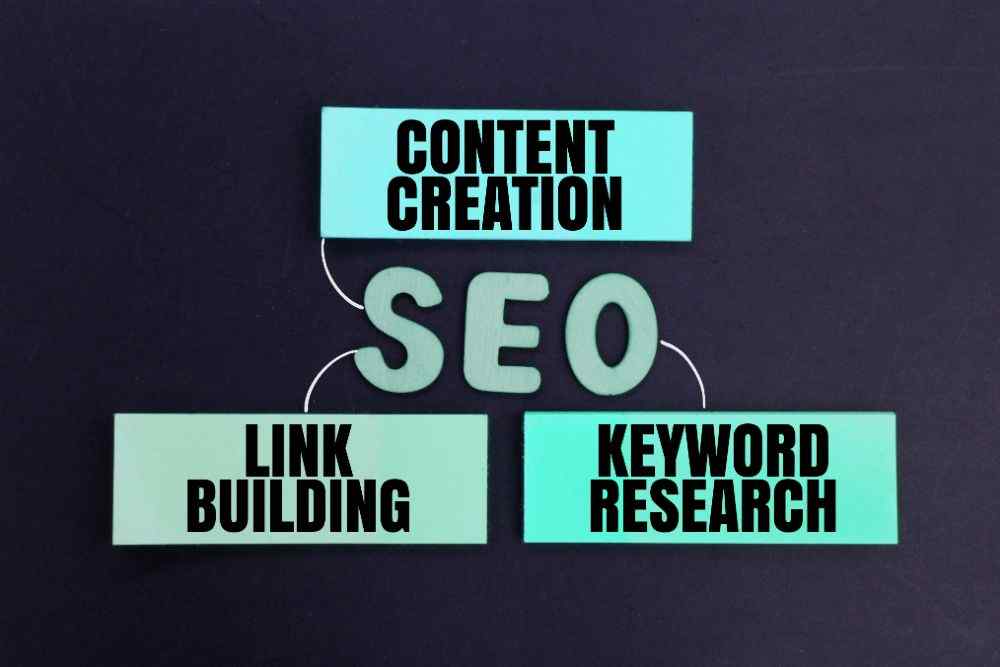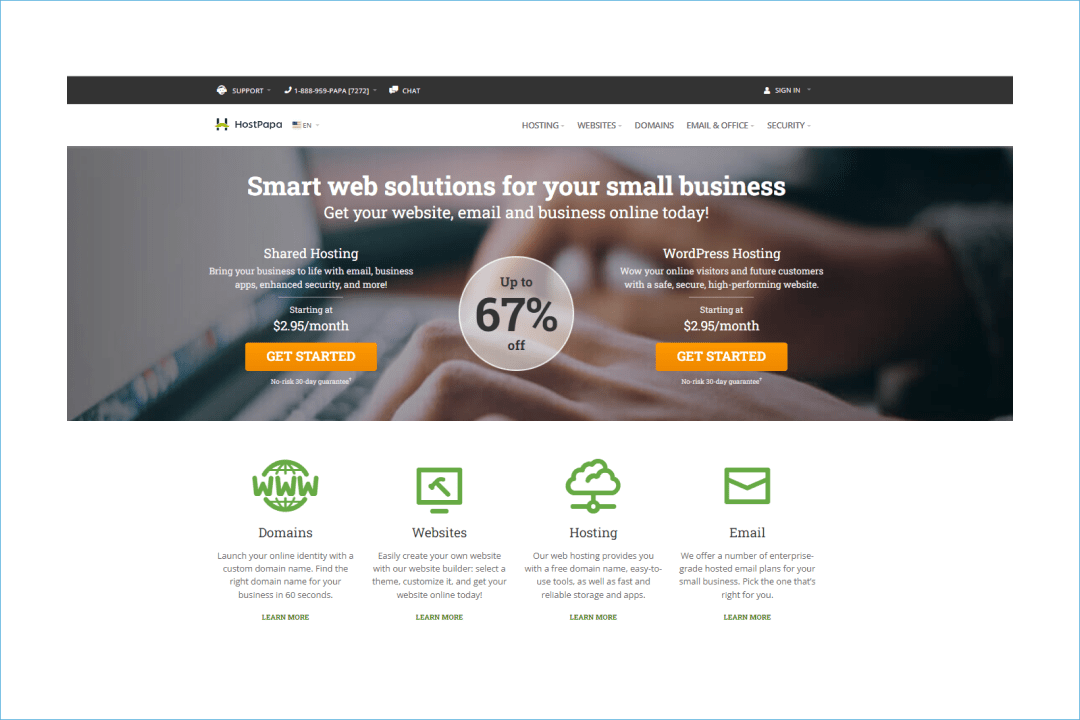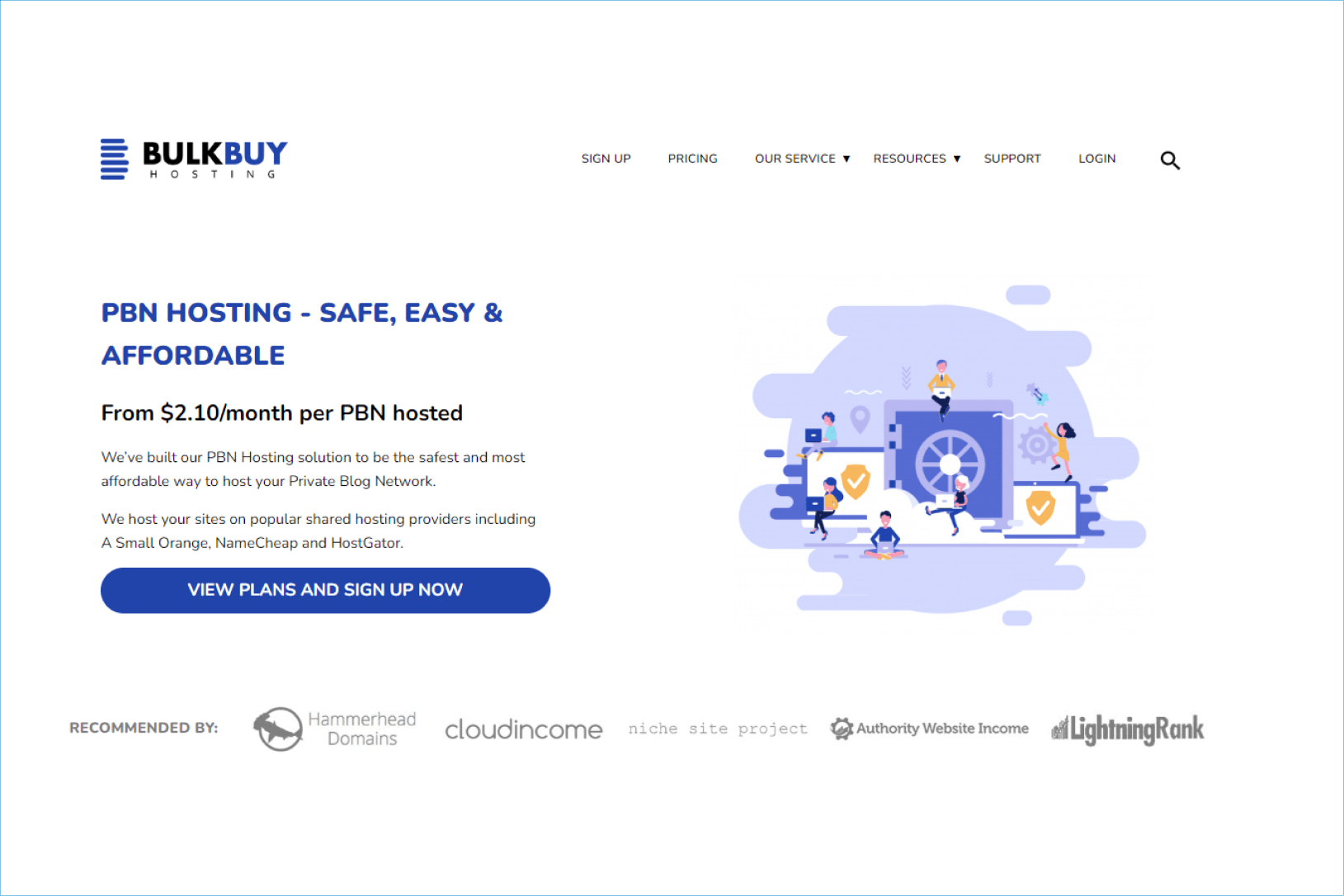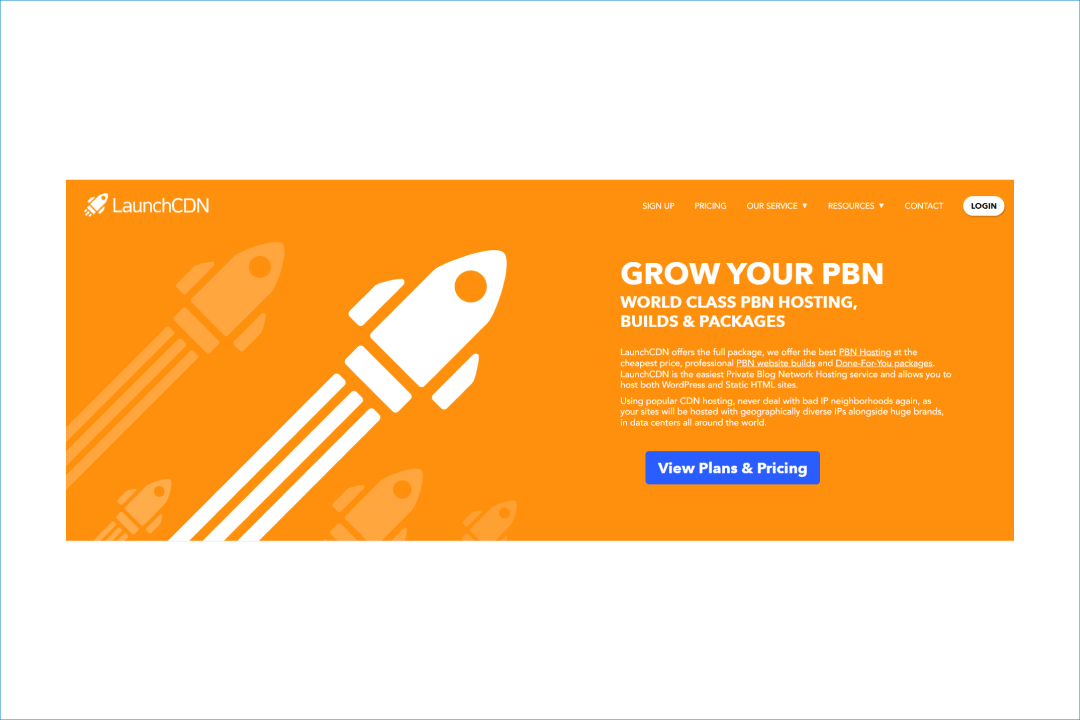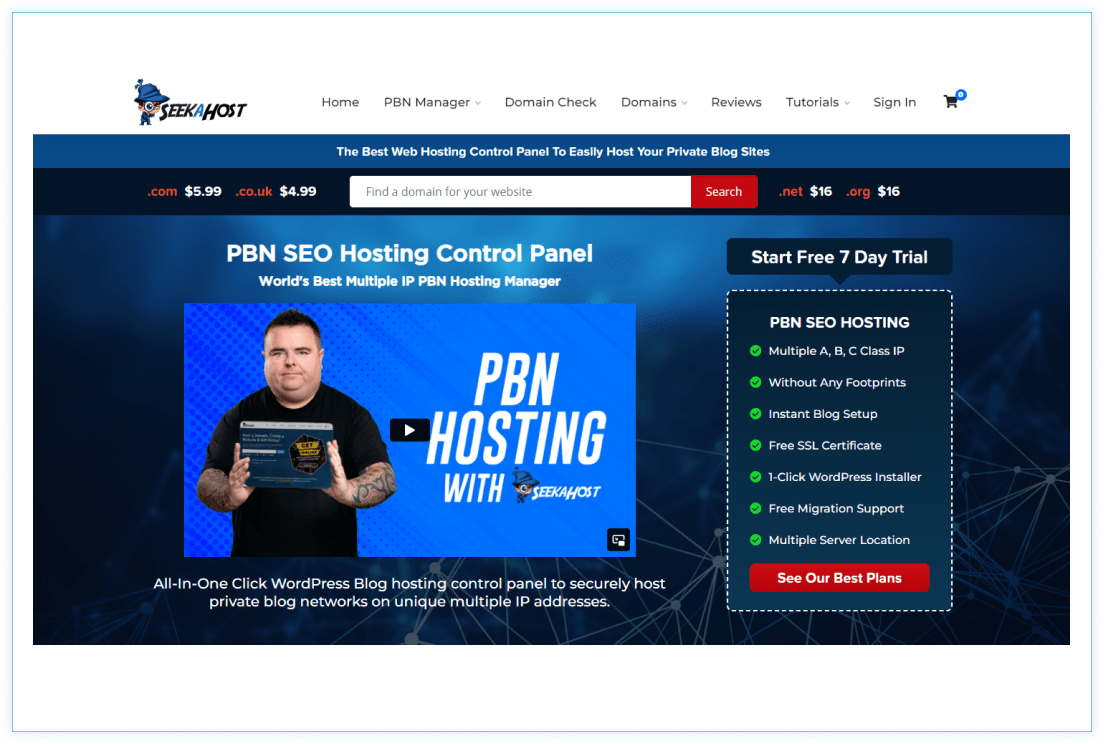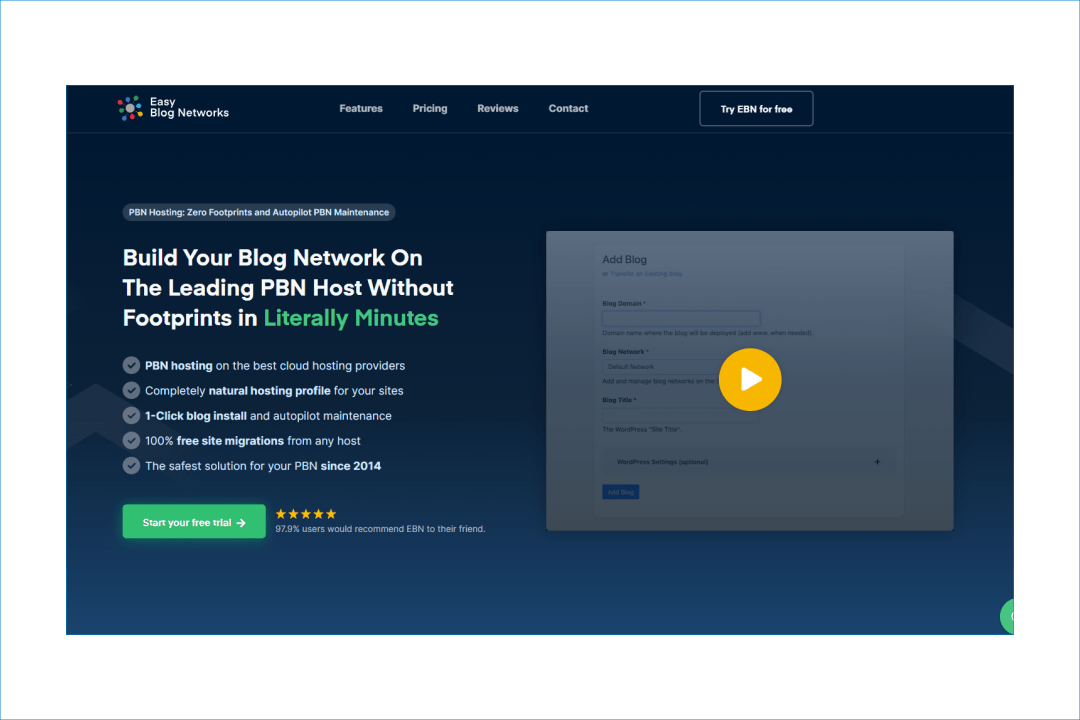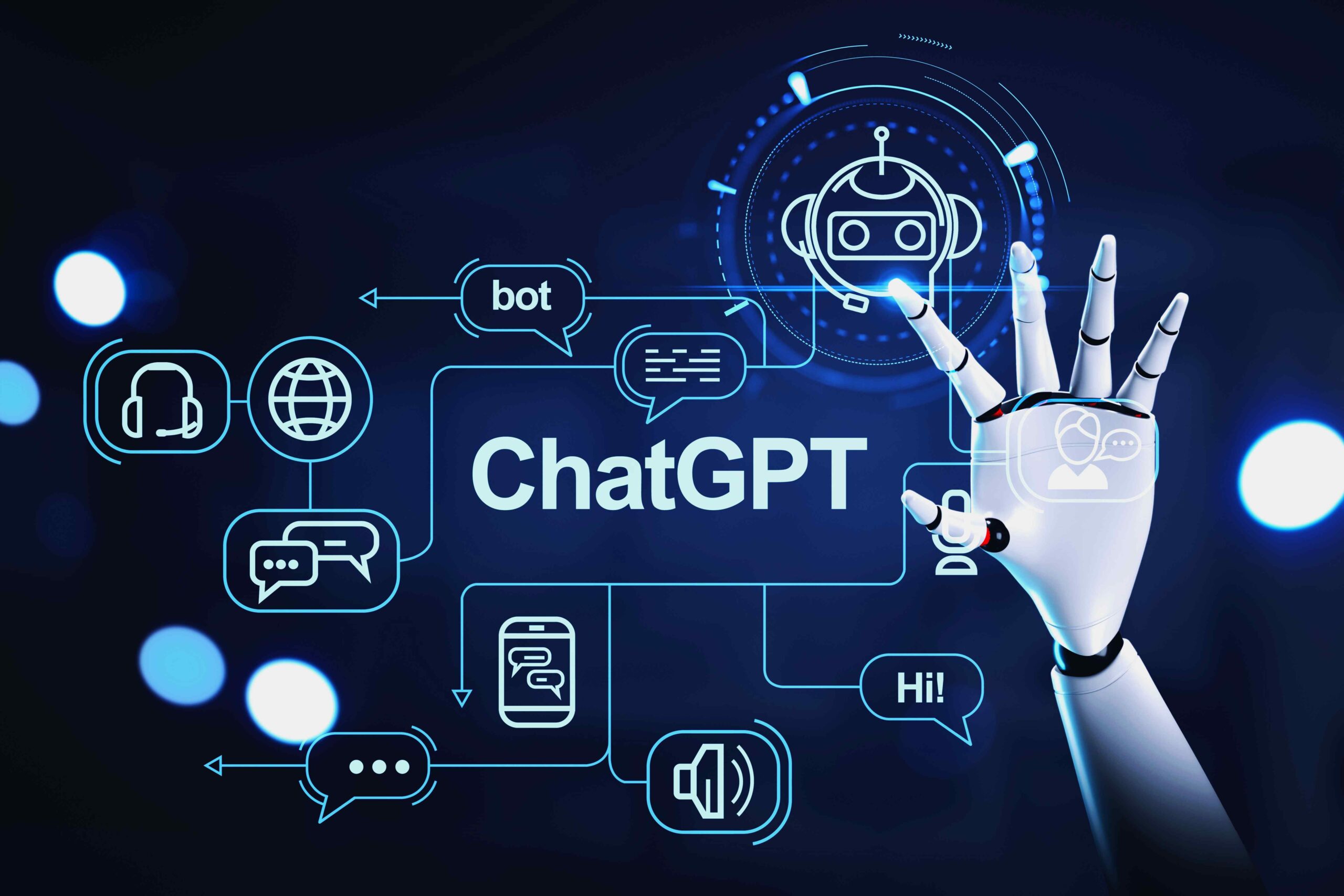
As the internet becomes more crowded, standing out in search results is becoming increasingly challenging. Traditional SEO tactics still hold value, but to truly excel, you need to innovate. That’s where ChatGPT comes in. This advanced AI isn’t just a tool; it’s a transformative resource that can elevate every aspect of your SEO strategy – from content creation to competitor analysis.
In this comprehensive guide, we’ll show you how to unlock the full potential of ChatGPT to drive more traffic, improve rankings, and, ultimately, grow your online presence.
Key Takeaways
- ChatGPT can create high-quality, keyword-rich content at scale, including blog articles and product descriptions tailored to boost SEO.
- ChatGPT assists in identifying and integrating long-tail keywords, driving higher-quality traffic, and enhancing search engine visibility.
- ChatGPT can create compelling meta descriptions and titles, boosting click-through rates by generating customized snippets that attract users and accurately describe the page content.
- ChatGPT can help analyze competitors’ SEO strategies by examining their content and keywords, providing insights to refine your own strategy.
- ChatGPT can also assist in understanding user search intent, enabling the creation of content that meets user needs.
- For local SEO, ChatGPT can generate location-specific content and descriptions, improving local business listings.
- It can also help generate FAQs based on common queries, optimizing content for featured snippets.
- ChatGPT can write and debug code, create SEO Regexes, and generate Python scripts to automate SEO tasks, benefiting technical SEO teams.
- While ChatGPT can be a useful tool for various SEO tasks, it is not a substitute for human expertise and oversight.
What Is ChatGPT?
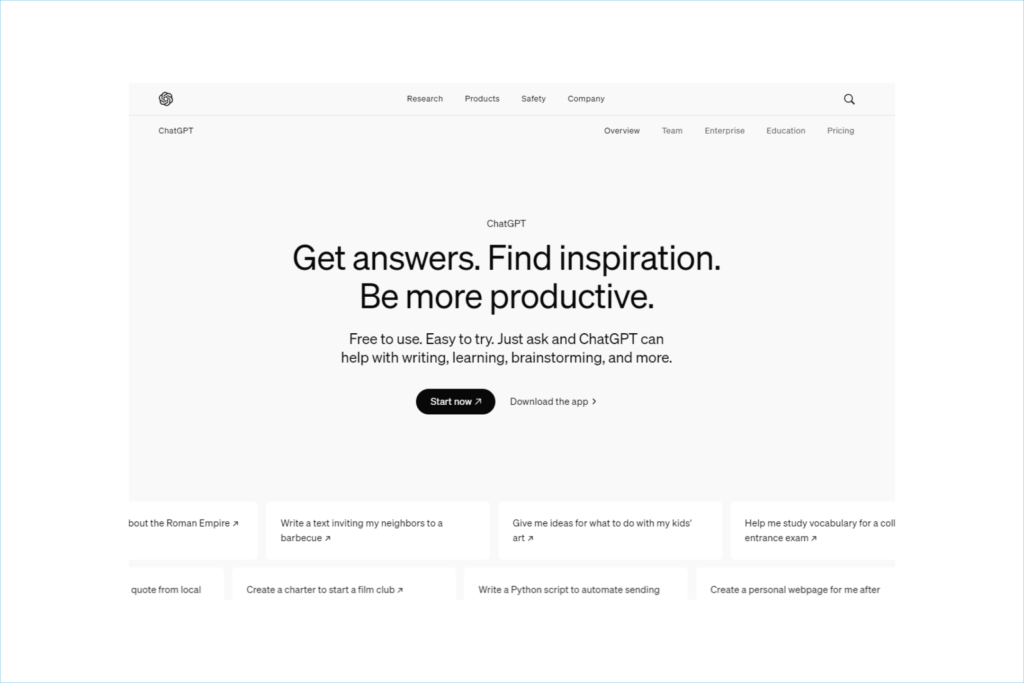
ChatGPT is an artificial intelligence chatbot developed by OpenAI and launched on November 30, 2022. It uses natural language processing to engage in humanlike conversations and generate a wide range of content, including text, code, and more.
The technology is based on the Generative Pre-trained Transformer (GPT) models, specifically GPT-3.5 and GPT-4, which are designed to understand and generate text based on large datasets of human language.
ChatGPT is capable of performing various tasks such as writing essays, summarizing texts, coding, translating languages, and even creating creative content like music and stories. It has been widely adopted for applications in customer service, education, and content creation due to its ability to generate coherent and contextually relevant responses.
OpenAI offers ChatGPT as a freemium service, where users can access a free version with certain limitations or subscribe to ChatGPT Plus for additional features, including priority access to new models and faster response times. The service is accessible via OpenAI’s website and mobile apps.
How Does ChatGPT Impact SEO?
ChatGPT is a powerful tool that can help with tasks like generating content and crafting SEO-friendly outlines, but it’s not a substitute for a well-rounded, carefully planned SEO strategy or the advanced search capabilities offered by search engines like Google. Search engines index vast amounts of information from across the web to deliver the most relevant results to users’ queries, and SEO is essential for improving a website’s ranking in these search results. Both search engines and SEO are crucial for making online content discoverable.
In contrast, ChatGPT is a language model designed to generate human-like text based on the prompts it receives. While it’s excellent for writing articles and facilitating conversations, it doesn’t index or search the web, nor does it directly influence a website’s visibility in search results. However, it can be a valuable tool to complement and enhance your overall SEO efforts.
I recommend our article What is SEO: All You Need to Know.
The Best Ways to Use ChatGPT for SEO
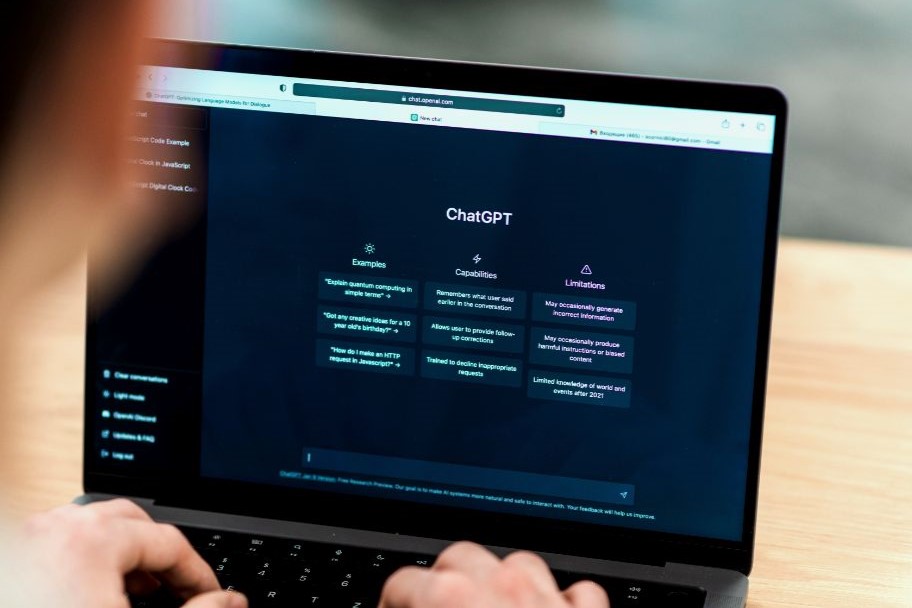
You can use ChatGPT in several significant ways, enhancing both the efficiency and effectiveness of digital marketing strategies and SEO:
Keyword Research and Optimization
Effective keyword research is crucial for any successful SEO strategy, and ChatGPT can play a supportive role in this area. It can generate lists of potential keywords and phrases based on your niche and target audience, helping you identify opportunities to rank for less competitive terms. By focusing on long-tail keywords, ChatGPT can assist in targeting more specific queries that align with user intent, potentially driving higher-quality traffic to your site.
While ChatGPT can provide keyword ideas, it should be used in conjunction with dedicated SEO tools like Ahrefs or SEMrush to validate the search volume and competitiveness of these keywords. This combined approach ensures that your keyword strategy is data-driven and aligned with current market trends.
Keyword Grouping by Semantic Relevance
Semantic relevance involves grouping keywords that are contextually related, even if they aren’t exact matches. This approach reflects how search engines like Google understand and rank content based on the overall topic rather than just individual keywords. By focusing on semantic relevance, you can create content that is more likely to satisfy user queries and rank well for a variety of related search terms. This strategy also helps in capturing a broader audience by addressing different facets of a topic, thereby increasing the potential for organic traffic.
ChatGPT can assist in identifying and grouping semantically related keywords by analyzing the context and meaning behind various terms. You can input a list of keywords into ChatGPT, and it can help categorize them into clusters based on their thematic similarities. For example, if you have keywords related to “digital marketing,” ChatGPT might group them into clusters like “SEO strategies,” “content marketing,” and “social media advertising.” This process helps ensure that your content addresses all relevant aspects of a topic, improving its comprehensiveness and relevance.
Creating Topic Clusters
Once you’ve grouped your keywords, you can use them to create topic clusters, which are collections of interlinked content pieces centered around a core topic. Each cluster should have a pillar page that covers the main topic broadly, with supporting pages that delve into specific subtopics.
ChatGPT can help generate content ideas for each cluster, ensuring that all relevant keywords are addressed. This approach not only enhances your site’s SEO by improving internal linking but also provides a better user experience by guiding visitors through related content.
Crafting Engaging and SEO-Friendly Headlines
When using ChatGPT to generate headlines, it’s important to balance creativity with SEO best practices. Ensure that your headlines include relevant keywords while remaining engaging and concise. ChatGPT can help brainstorm headlines that incorporate power words, numbers, or questions, which are known to increase engagement. For example, using phrases like “Ultimate Guide,” “Top 10,” or “How to” can make your headlines more appealing. Additionally, ChatGPT can suggest headlines that evoke curiosity or urgency, encouraging users to click through to your content.
Generating Content Outlines
ChatGPT can assist in generating content outlines by analyzing your topic and suggesting a logical structure for your content. You can input a brief description or key points of your topic into ChatGPT, and it can provide a detailed outline that includes headings, subheadings, and key points to cover.
Once you have a basic outline from ChatGPT, you can refine and customize it to better align with your specific goals and audience. ChatGPT can help suggest additional points or subtopics to include, ensuring that your content is as comprehensive as possible. You can also use ChatGPT to brainstorm different angles or perspectives to explore within your content, adding depth and variety to your writing. By refining and customizing your outline, you can ensure that it meets your specific needs and provides a solid foundation for your content.
Content Creation and Optimization
ChatGPT can significantly enhance your content creation process by generating high-quality, engaging content tailored to your audience’s needs. It can assist in writing blog posts, articles, and social media updates, ensuring that the content is both informative and engaging. By leveraging its ability to understand context and language nuances, ChatGPT can help craft content that resonates with readers and aligns with your brand voice.
Additionally, it can help structure articles, providing a coherent flow that makes complex information accessible to a broad audience. Furthermore, ChatGPT can assist in optimizing existing content by suggesting improvements in readability, tone, and style, ensuring that your content remains relevant and competitive.
Lean more about SEO content here: https://quirk.biz/how-to-create-a-successful-seo-content-strategy-expert-tips-and-tricks/
Helping with Technical SEO and Code Assistance
For those involved in the technical SEO, ChatGPT can be an valuable resource. It can help write and debug code snippets, such as HTML, CSS, and JavaScript, which are essential for optimizing website performance and user experience. Additionally, ChatGPT can generate SEO Regexes and Python scripts that automate repetitive tasks, such as data extraction and analysis, freeing up time for more strategic initiatives.
By assisting with technical SEO, ChatGPT helps ensure that your website is structured in a way that search engines can easily crawl and index, ultimately improving visibility. Moreover, it can provide insights into best practices for improving site speed and mobile responsiveness, both of which are critical ranking factors.
Competitor Analysis and User Intent Understanding
Understanding your competitors’ SEO strategies is essential for staying ahead in the digital landscape, and ChatGPT can facilitate this process. By analyzing competitors’ content, keywords, and backlink profiles, ChatGPT can help identify gaps and opportunities in your own strategy. This analysis enables you to refine your approach, ensuring that your content is not only competitive but also differentiated.
By the way, we have an article about how to beat your competitors – you should check it out.
Additionally, ChatGPT can assist in understanding user search intent by analyzing common queries and patterns, allowing you to tailor your content to meet user needs effectively. By aligning your content with user intent, you can improve engagement and conversion rates, ultimately enhancing your site’s SEO performance.
Assisting with Local SEO and FAQs
Local SEO is essential for businesses targeting specific geographic areas, and ChatGPT can assist in creating location-specific content that enhances your local search presence. It can generate descriptions and content tailored to local audiences, improving your visibility in local business listings and search results. Additionally, ChatGPT can help generate FAQs based on common queries related to your products or services, optimizing your content for featured snippets. By addressing frequently asked questions, you can provide immediate value to users, increasing the likelihood of engagement and conversion. This focus on local SEO and FAQs ensures that your content is not only relevant but also strategically aligned with user needs and search engine algorithms.
Generating Meta Descriptions and Title Tags
Meta descriptions and title tags play a crucial role in attracting clicks from search engine results pages (SERPs). Crafting these elements can be time-consuming, especially if you’re managing a large website with numerous pages. ChatGPT can quickly generate concise and compelling meta descriptions and title tags tailored to specific keywords, saving you valuable time.
For instance, you could ask ChatGPT, “Generate a meta description for a blog post about the benefits of content marketing,” and it will provide you with a well-crafted description that includes your target keywords.
Weaknesses of Using ChatGPT for SEO
Using ChatGPT for SEO offers various advantages, but it also comes with several weaknesses that need to be considered. Here are some of the main drawbacks:
- Lack of Original Content: ChatGPT generates content based on patterns it learned during training, which means it may not produce truly unique content. This can be problematic for SEO, as search engines prioritize original content. If multiple users request content on the same topic, the results may be too similar, leading to duplicate content issues that can negatively impact search rankings.
- Inaccurate or Misleading Information: ChatGPT can sometimes provide inaccurate or misleading information because it relies on pre-existing data, which may not always be correct. This is particularly concerning for SEO, as search engines penalize sites with incorrect information. Additionally, ChatGPT is prone to “hallucinations,” where it generates plausible-sounding but false content, necessitating thorough fact-checking of AI-generated content.
- Outdated Information: The training data for ChatGPT only includes information up to September 2021, which means it may not be aware of the latest SEO trends, algorithm updates, or industry developments. This limitation can result in outdated content that doesn’t align with current best practices, potentially harming SEO efforts.
- Difficulty with Keyword Optimization: While ChatGPT can assist in generating keyword ideas, it may struggle with optimizing content for specific keywords. The lack of detailed metrics like search volume and ranking difficulty means that it cannot replace dedicated keyword research tools. This can be problematic for businesses aiming to rank for specific search terms.
- Misalignment with Branding: ChatGPT may not always align content with a company’s brand voice or messaging. It can produce content that doesn’t reflect the company’s tone, mission, or values, which can mislead audiences and reduce engagement. This misalignment can negatively impact SEO, as search engines favor content that resonates with the target audience.
- Risk of Spammy Content: ChatGPT can generate content that appears spammy or irrelevant if not carefully managed. Such content can harm a website’s performance in search engine results, as search engines prioritize high-quality, relevant content. Ensuring that AI-generated content is valuable and targeted is essential to avoid this issue.
Conclusion
ChatGPT is a versatile tool that can significantly enhance your SEO efforts. From keyword research and content creation to competitor analysis and local SEO, this AI-powered assistant can streamline many aspects of your SEO strategy. By integrating ChatGPT into your workflow, you can save time, improve efficiency, and ultimately achieve better rankings on search engines.
While ChatGPT can be a useful tool for various SEO tasks, it is not a substitute for human expertise and oversight. It is important to complement its use with thorough fact-checking, brand alignment, and the use of specialized SEO tools to ensure high-quality and effective SEO content.
As AI technology continues to evolve, the possibilities for using tools like ChatGPT in SEO are virtually limitless. Whether you’re a seasoned SEO professional or just starting, ChatGPT offers valuable capabilities that can help you stay ahead in the competitive world of digital marketing.


